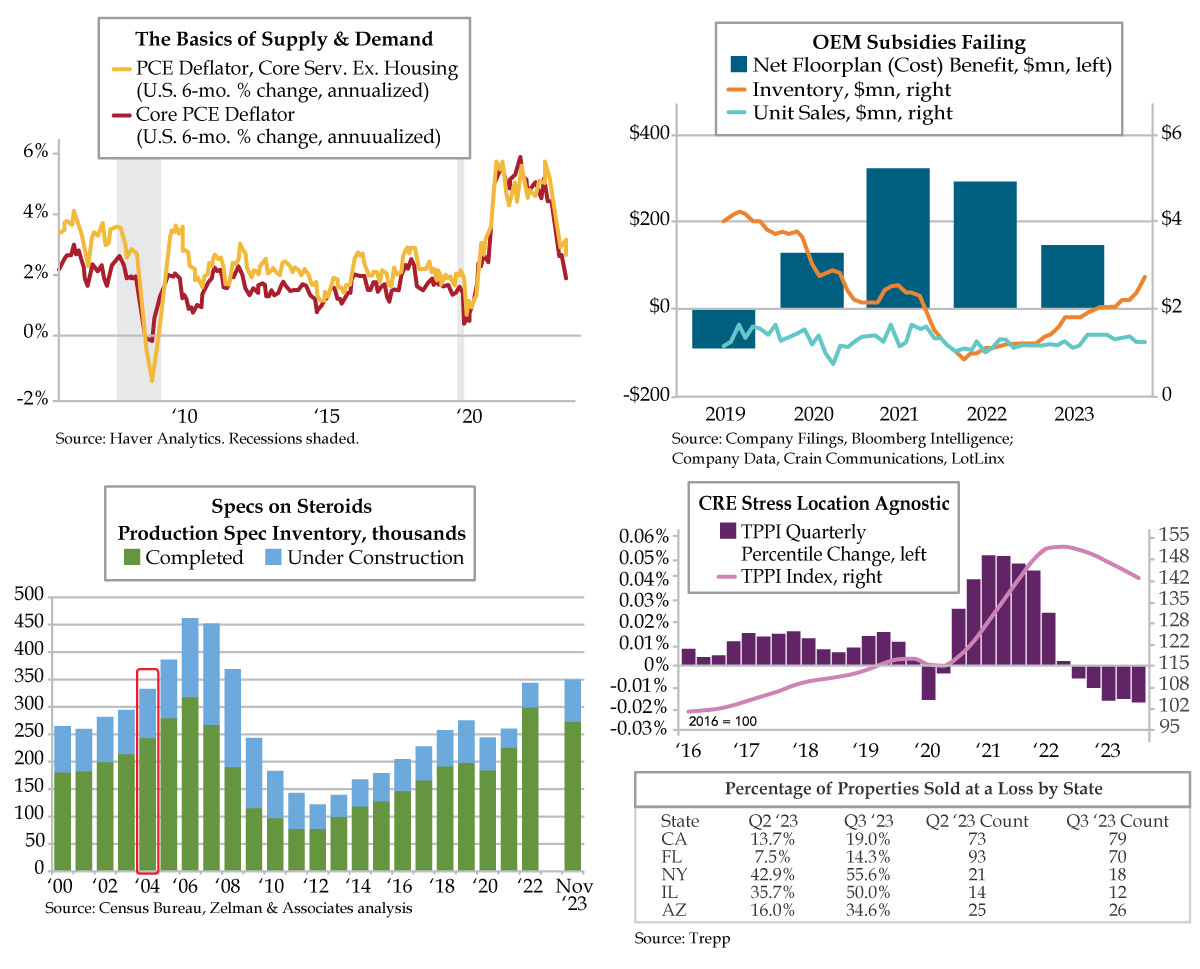So baby, let's sell your diamond ring
Buy some boots and faded jeans and go away
This coat and tie is choking me
In your high society, you cry all day
We've been so busy keepin' up with the Jones
Four car garage and we're still building on
Maybe it's time we got back to the basics of love
Reverse psychology and an unannounced visit made music history. In 1977, Chip Moman, Waylon Jennings’ producer, warned the country star, “You can’t have this song, but I want you to listen to it anyway.” Despite having to name himself in the song, Jennings was hooked. According to Wide Open Country, “‘Luckenbach, Texas (Back to The Basics of Love)’ turned the ghost town from a Texas hideaway into a country music bucket list stop.” Also named in the song is Willie Nelson, who happened to be in the Nashville studio’s neighborhood the day Jennings was recording. Happy at his friend’s unexpected visit, Jennings asked Nelson to record the song’s last verse, which he did, ad-libbing a few lyrical changes. The song was the first single to debut in the top half of Billboard’s country chart and quickly climbed to No. 1.
In chatting with clients Friday, I said 2024 would see a return to the basics of economics. Growing up in San Antonio, exactly one hour and one minute from Luckenbach, in an era during which the song became the stuff of legend, it’s rote that the word “basics” conjures Willie and Waylon and the boys. That next line – “the successful life we’re livin’ has us feuding like the Hatfields & McCoys” – defines 2023, when too many economists, some friends even, profited by weaponizing their knowledge.
Plausible deniability ruled the profession, which went so far as to collude with a financial media unwilling to report on a major prop to the economy for political reasons. Both economists and the news outlets profited – the former from claims of an economic miracle and the latter from an advertising windfall care of the massive spending by peddlers of the Employee Retention Credit (ERC). Now that the gig is up, some are reporting on the ERC. In the weekend Wall Street Journal, we learned that “The credit, designed as a temporary $55 billion lifeline for struggling employers, has cost the government about four times that much—and counting. It is a big reason why federal revenue missed projections in 2023.”




